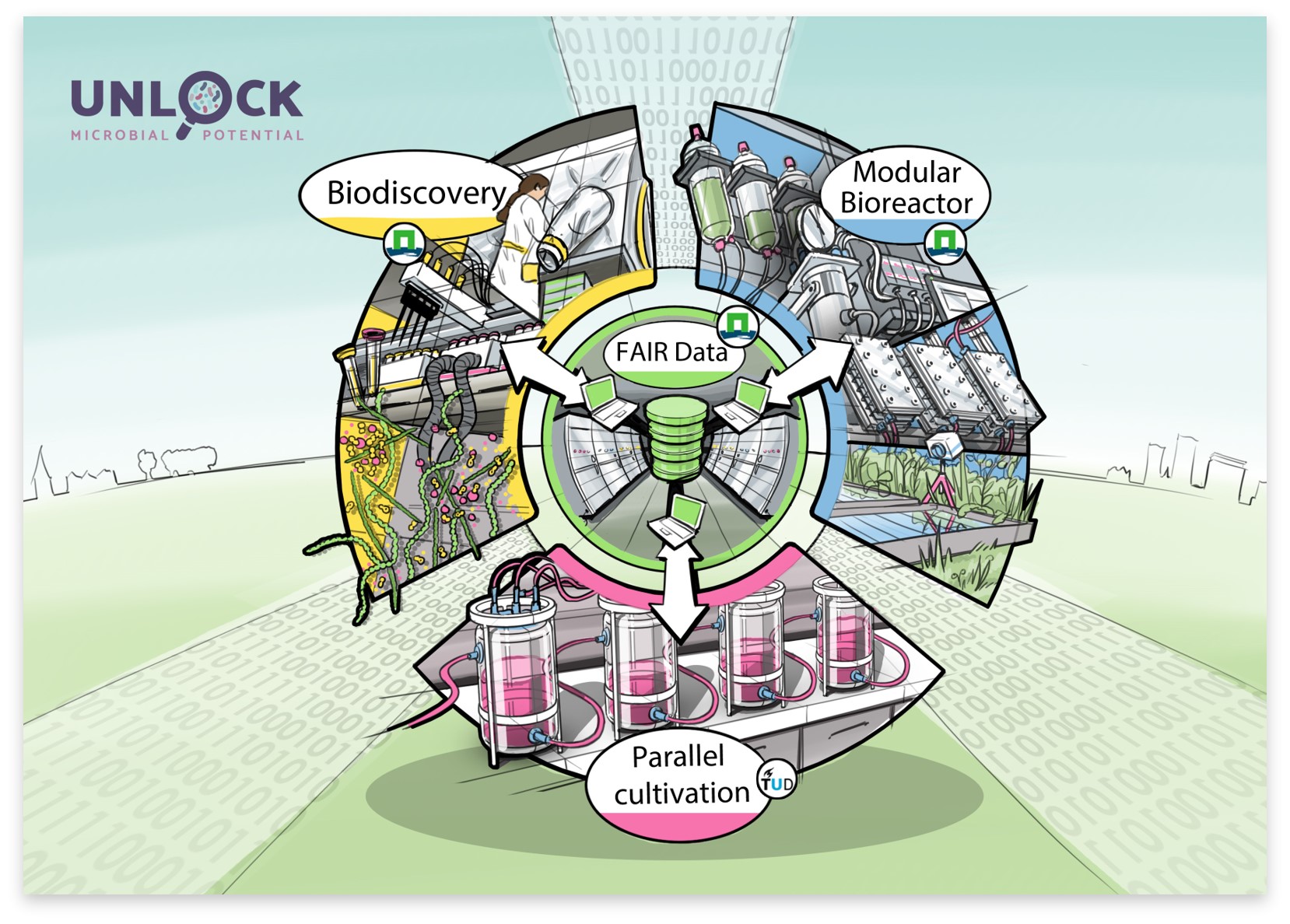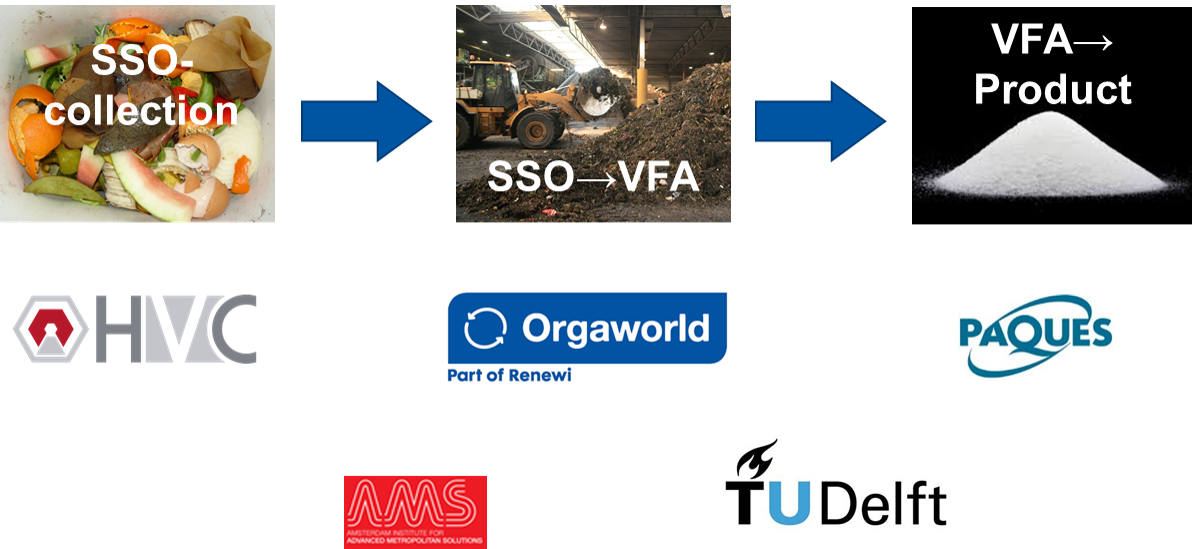Research
Background and drivers
My fascination for microbial ecosystems was sparked during my study Environmental Sciences at Wageningen University. During my masters I conducted research projects on the anaerobic digestion process for wastewater treatment, as well as a field and modeling study on the oxygen housekeeping in a Dutch lake (Ankeveense Plassen). Both subjects were based on resolving a three dimensional puzzle in which microbially catalyzed redox reactions were distributed in space and time. I learned that a combination of smart experiments and computational modeling were powerful tools to identify different sections of the puzzle, eventually resulting in an improved overall understanding of how the ecosystem actually works.
To date, solving fundamental scientific puzzles by designing smart experiments and modelling tools remain among my main drivers in conducting research on microbial ecosystems. A next step is the use of ecosystem understanding to drive microbial ecosystems towards a certain functionality, with the objective to develop bioprocesses for cleaning wastewaters and/or the production of energy carriers or chemicals. To conduct microbial ecosystem based bioprocess development a thorough understanding of the drivers in the selection of specific microbial functionalities from a natural inoculum is required. This means that recognition and understanding of the competitive advantage of specific microorganisms allows for their enrichment from a natural inoculum. Engineering microbial ecosystems to a desired functionality is the research field I proposed to name microbial community engineering.
A second main driver in my scientific career is my conviction that for establishment of a more sustainable society we need to increase the efficiency for using natural resources. Valorization of agro-industrial residues using microbial community engineering may play an important role in the establishment of such a more sustainable society. In comparison with more conventional processes in industrial biotechnology that rely on the use of pure cultures of wild-type or genetically modified microorganisms, the intrinsic advantages of microbial community engineering are strongly related to absence of the need for sterilization: lower energy requirements, cheaper bioreactors, low value feedstock, etc. Simplifying the process technology by using microbial community engineering will reduce the production costs tremendously. The challenge in achieving this goal is to enrich specifically for product formation routes as obtained in pure cultures in a microbial community based bioprocess.
To get an idea on my ideas on research you can look here at a presentation I gave on "Flux analysis in Microbial Ecosystems" at the workshop on Engineering and Control of Natural and Synthetic Microbial Communities in Cambridge, UK, November 2014.
Current projects
-
Fabulous
Fatty Acid Biorefinery for Upcycling Low-value Organic Urban Substrates (FABULOUS)
Post-doc: Ahmed Fergala
-
MicroSync
Novel Approaches for Microbial Syngas Conversion to Chemical Building Blocks (Microsync)
PhD candidate: Maxim Allaart
-
Wetsus biopolymers
Biopolymers from water
In cooperation with: Wetsus
PhD candidates: Angel Estevez Alonso and Ruizhe Pei
-
Fouling prevention
Fouling prevention through biological activated carbon and ultrafiltration
Project in cooperation with Wetsus
PhD candidate: Sara Pinela

